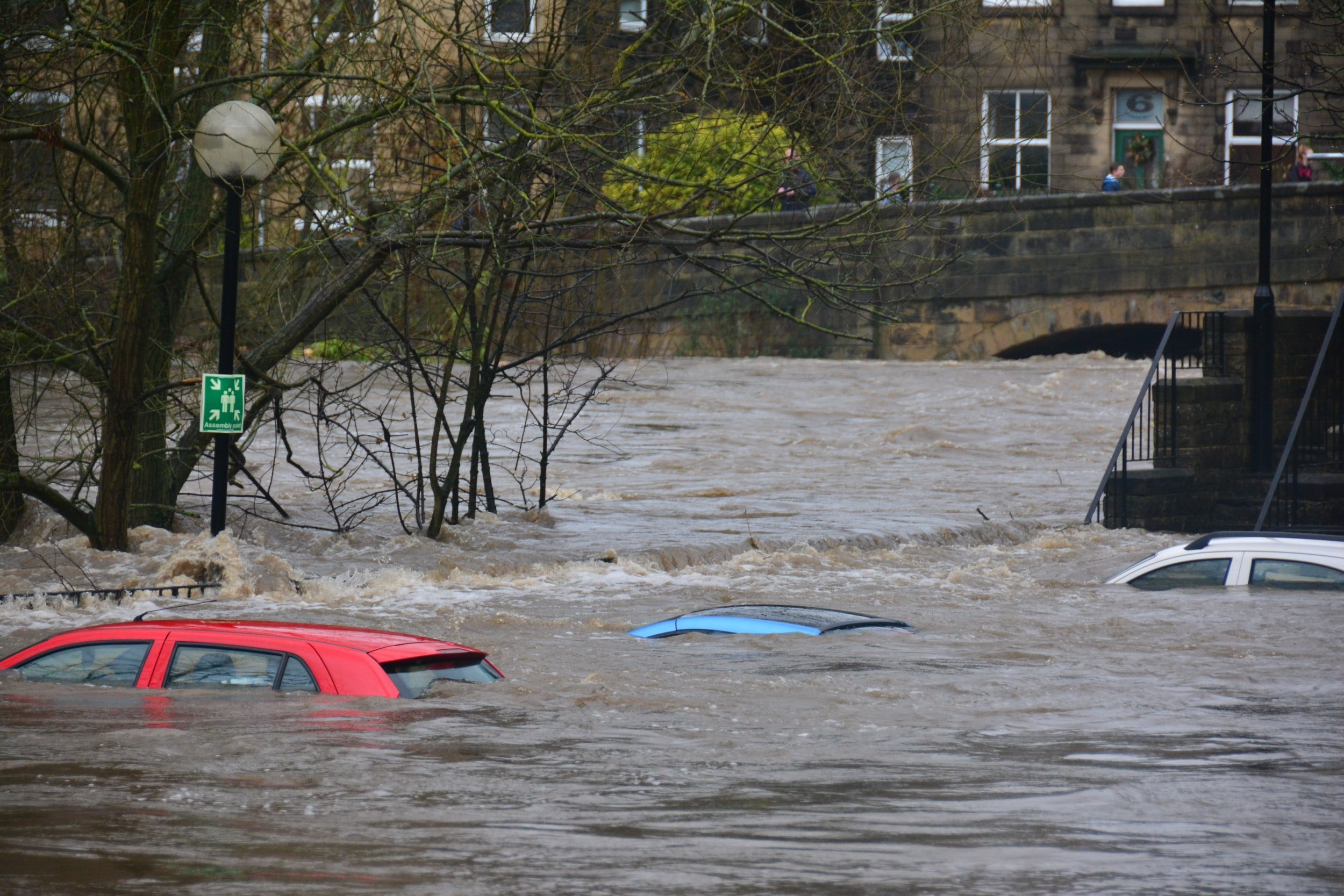EMS & Disaster Medicine

Meet the Team
EMS & DISASTER
James B. Aiken, MD MHA
EMS & DISASTER
Jeffery Elder, MD
EMS & DISASTER
Meghan Maslanka, MD
EMS & DISASTER
David Rayburn, MD
EMS & DISASTER
Chris Willoughby, MD
About Disaster and EMS Medicine
Disaster
In New Orleans, residents have the unique opportunity to respond to real-world disasters and participate in various disaster preparedness and planning experiences. A Disaster Medicine Tract is available for interested residents to complete, or residents may choose to participate in individual activities that spark their interest, such as:
Working on hurricane activation teams at the hospital
Assisting with medical operations at hurricane shelters in the city
Participating in hospital planning activities for hurricanes, mass casualties, and HazMat incidents
Developing/revising disaster-related protocols for the hospital
Helping to plan and execute our annual Disaster Day
Volunteering for city-wide preparedness drills
Participating in our quarterly EMS/Disaster Journal Clubs
Completing a Mardi Gras Mass Gathering rotation
Attending UMCNO Emergency Management Committee meetings
Presenting research on an international stage at the World Association of Disaster and Emergency Medicine (WADEM)
Joining the New Orleans Medical Reserve Corps
Participating in Urban Search and Rescue (USAR) training courses and exercises
Completing additional local/regional/federal training courses approved by leadership
EMS
New Orleans EMS (NOEMS) responds to more than 69,000 calls annually. Their medics regularly manage high acuity trauma and medical patients, respond to mass casualty incidents, and work many of the city's large mass gathering events. Starting second year, all residents will:
Run Medical Control while on shift at UMC
Complete a rotation with NOEMS, working with medics to provide patient care in the field
Residents who wish to gain additional experience in EMS medicine have the opportunity to complete an EMS tract or complete additional training/electives that meet their interests, including:
Spending additional elective time working with EMS sprint units
Working mass gathering events
Lecturing to EMS providers
Attending prehospital QA/QI meetings
Developing EMS protocols
Completing EMS QI projects
Participating in quarterly EMS/Disaster Journal Clubs
Attending Louisiana Emergency Response Network (LERN) meetings
Attending Metropolitan Ambulance Counsil (MAC) meetings
Completing additional local/regional/federal training courses approved by leadership






